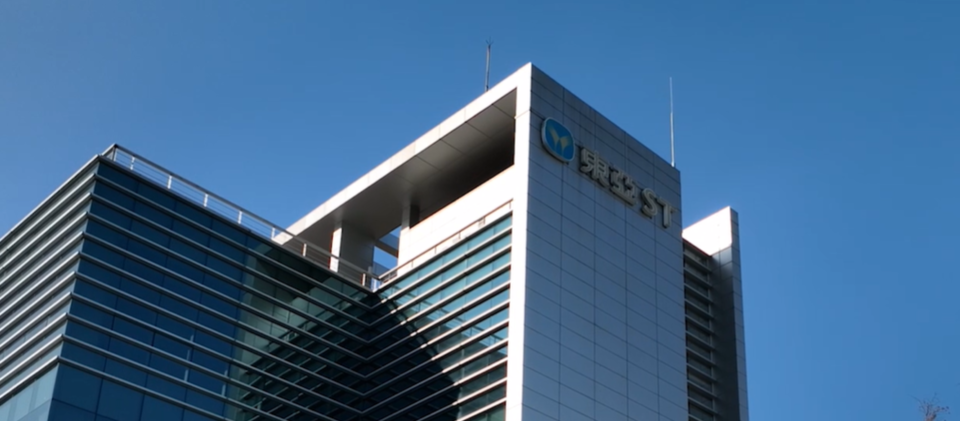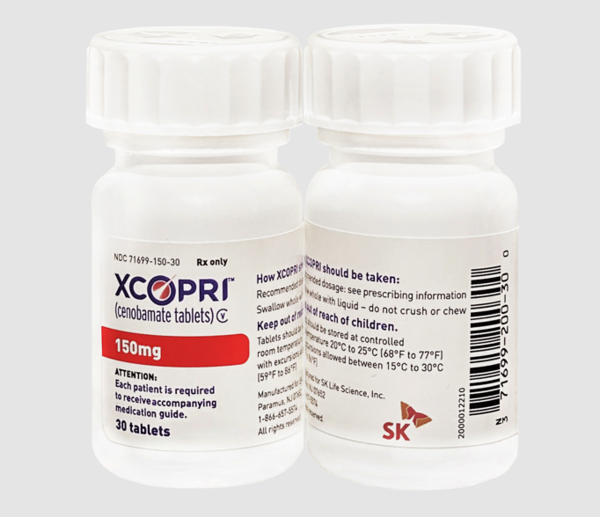Expedited MFDS review and U.S. real-world data position epilepsy drug as a potential blockbuster for Dong-A ST

Cenobamate, an epilepsy treatment developed by SK Biopharmaceuticals, has been designated for expedited review by South Korea’s Ministry of Food and Drug Safety (MFDS), drawing attention to Dong-A ST, which has licensed the drug for the domestic market. As the company looks to scale its business and diversify revenue sources, the in-licensing of a globally validated drug is seen as a strategic pivot.
According to Dong-A ST’s Q1 2025 earnings report, the company recorded $122 million in sales—a 20.7% increase year-on-year. The primary drivers were the growth hormone Growtropin ($23.7 million, +23.5%) and the functional dyspepsia treatment Motilitone ($7.0 million, +14.3%).
However, other key products saw declines: Suganon and related items fell 3.3% to $4.3 million, Zydena dropped 19.8% to $1.08 million, and the in-licensed antifungal Jublia declined 19.4% to $4.2 million. While overall prescription drug sales remain positive, the company’s dependency on a limited product portfolio highlights the urgency of pipeline expansion.
Amid this backdrop, industry attention is turning to Dong-A ST’s strategy to develop cenobamate into a flagship offering. The company is currently in the final stages of obtaining MFDS marketing approval.

Cenobamate was recently granted Global Innovative Product on Fast Track (GIFT) designation by the MFDS, which is expected to expedite domestic approval within the year.
Real-world data (RWD) from the U.S. is already available, further supporting cenobamate’s clinical credibility and smoothing its path into the Korean epilepsy market. At the end of 2024, SK Biopharmaceuticals presented results from a Phase 3 clinical trial involving adult patients in Korea, China, and Japan with focal seizures unresponsive to existing treatments. In the 6-week maintenance phase, cenobamate achieved seizure reductions of 42.6% (100 mg), 78.3% (200 mg), and 100% (400 mg), compared to 25.9% for the placebo. Responder rate data also confirmed a statistically significant rate of complete seizure elimination.
A CNS specialist commented, “Neurologists at tertiary hospitals typically prescribe CNS drugs, and they often favor original medications due to the higher safety standards required. With over $360 million in U.S. prescriptions, cenobamate has already earned strong trust in its data.”
Another industry source added, “Dong-A ST’s distribution network is well-aligned with tertiary hospitals and CNS-focused channels. By leveraging the data disclosed post-licensing, the company is positioned to scale cenobamate into a major revenue driver.”
Dong-A ST already markets CNS drugs such as the epilepsy treatment Kepiram, the Alzheimer’s therapy Aridone, and the antidepressant/anxiolytic Lexacure. The company also expanded its CNS footprint via a co-marketing deal for YuYu Pharma’s cerebral circulation enhancer Tanamin. The addition of cenobamate is expected to further strengthen its CNS portfolio.
Strategically, Dong-A ST plans to manufacture the finished product in-house for supply to both the domestic and over 30 international markets. Given that co-promotion typically yields margins of around 20%, direct production is expected to deliver higher profitability.
One challenge ahead lies in reimbursement. In the U.S., cenobamate costs about $36 per pill, while in France it is priced at approximately $2.52. Securing national health insurance coverage will be critical even after approval.
In response, a Dong-A ST representative stated, “It is difficult to comment on specific strategies or plans related to reimbursement or pricing at this time.”

